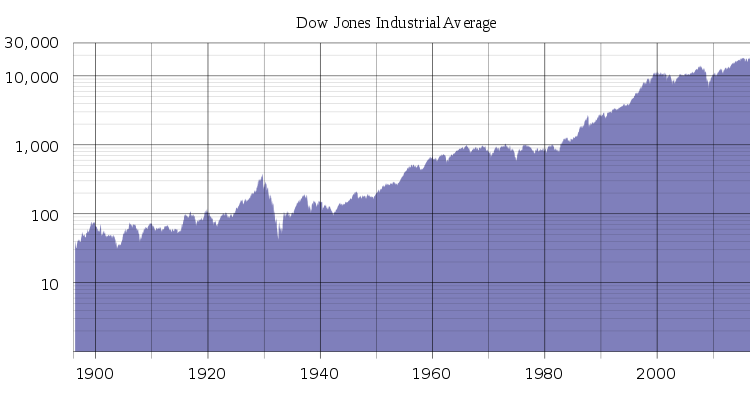Investors should brace for more bankruptcies
- 11.5% of listed U.S. stocks are ‘zombie’ companies
- Higher bond yields or a recession could push more companies into bankruptcy
- Zombie companies have consistently earned less than their interest costs
- Stocks are at risk of losing their entire value if a company files for bankruptcy
- Recessions tend to weed out smaller and weaker companies with high debt loads
- The Russell 3000 index tracks shares of the largest 3,000 publicly traded companies
- Higher bond yields put pressure on equity markets
- Zombie companies account for only 2.2% of the total value of the stock market
About 11.5% of listed U.S. stocks belong to ‘zombie’ companies that consistently earn less than their interest costs, according to Glenmede. This poses a potential risk to investors, as higher bond yields or a recession could push more companies into bankruptcy. Unlike bonds, stocks can lose their entire value if a company files for bankruptcy. Recessions also tend to weed out smaller and weaker companies with high debt loads. The Russell 3000 index, which tracks the largest 3,000 publicly traded companies, serves as a proxy for the U.S. stock market. Higher bond yields can put pressure on equity markets, as future cash flows are discounted at higher rates. However, it’s worth noting that zombie companies account for only 2.2% of the total value of the stock market. While some zombie companies may still find a market for their products or services, the overall risk remains a concern for investors.
Public Companies: Glenmede (), Russell 3000 index (RUA), S&P 500 index (SPX), Dow Jones Industrial Average (DJIA), iShares iBoxx $ High Yield Corporate Bond ETF (HYG)
Private Companies:
Key People: Jason Pride (Chief of Investment Strategy and Research at Glenmede)
Factuality Level: 7
Justification: The article provides information from Glenmede about the percentage of U.S. stocks that belong to ‘zombie’ companies and the potential risks for investors. It also explains the methodology used to determine the zombie figure. The article includes data on bond yields and their impact on equity markets. However, it lacks in-depth analysis and does not provide a balanced perspective on the topic.
Noise Level: 3
Justification: The article provides relevant information about the presence of ‘zombie’ companies in the U.S. stock market and the potential risks they pose. It discusses the impact of higher bond yields and a recession on these companies and provides data from Glenmede to support its claims. However, the article contains some filler content, such as the mention of text-to-speech technology and the request for feedback from readers.
Financial Relevance: Yes
Financial Markets Impacted: The article discusses the potential impact of rising borrowing costs and a recession on zombie companies, which could lead to bankruptcy. This could have implications for investors in the stock market.
Presence of Extreme Event: No
Nature of Extreme Event: No
Impact Rating of the Extreme Event: No
Justification: The article primarily focuses on the financial implications of zombie companies and the potential risks they pose to investors. There is no mention of any extreme events.






